The History of OpenAI: Pioneering the Future of Artificial Intelligence
OpenAI, founded in December 2015, has swiftly emerged as a frontrunner in the artificial intelligence (AI) landscape. With a mission to ensure that artificial general intelligence (AGI) benefits all of humanity, OpenAI’s journey is a testament to innovation, collaboration, and a steadfast commitment to ethical AI development.

Founding Vision
OpenAI was established by a group of tech luminaries, including Elon Musk, Sam Altman, Greg Brockman, Ilya Sutskever, John Schulman, and Wojciech Zaremba. Their vision was to create an open and collaborative environment for AI research, fostering advancements that are safe, ethical, and accessible. Unlike traditional AI organizations, OpenAI committed to sharing its research and insights openly, promoting transparency in the AI community.
Early Milestones
In its early years, OpenAI made significant strides in developing AI models capable of impressive feats. One of the first breakthroughs was the creation of the OpenAI Gym, a toolkit for developing and comparing reinforcement learning algorithms. This platform became a cornerstone for researchers and developers, providing a standardized environment for testing and benchmarking AI models.
GPT Series: Redefining AI Language Models
OpenAI’s most notable contributions to AI have been in the field of natural language processing (NLP). The introduction of the Generative Pre-trained Transformer (GPT) series marked a revolutionary shift in how AI models understand and generate human language. GPT-2, released in 2019, stunned the world with its ability to generate coherent and contextually relevant text, sparking discussions about the potential and risks of advanced AI.
ilding on this success, OpenAI unveiled GPT-3 in 2020. With 175 billion parameters, GPT-3 became the largest and most powerful language model of its time. Its capabilities ranged from generating creative content to answering complex questions, demonstrating the vast potential of AI in various applications, including writing, coding, and customer service.
Ethical AI and Safety Research
While pushing the boundaries of AI technology, OpenAI has remained deeply committed to the ethical implications of its work. The organization has established robust safety protocols and ethical guidelines to ensure that AI developments align with the broader interests of society. OpenAI’s decision to initially withhold the full release of GPT-2 highlighted its cautious approach, emphasizing the need to mitigate potential misuse of advanced AI technologies.
Collaboration and Open Research
OpenAI’s collaborative ethos has led to partnerships with leading tech companies, academic institutions, and research organizations. By working together with these entities, OpenAI has accelerated the pace of AI research and expanded the scope of its impact. The organization’s dedication to open research has resulted in numerous publications, tools, and resources that continue to drive innovation in the AI community.

Looking Ahead
As OpenAI continues to advance the frontiers of artificial intelligence, its focus remains on creating technologies that are safe, ethical, and beneficial for all. The journey of OpenAI is a testament to what can be achieved when visionary goals are paired with collaborative efforts and a commitment to the greater good. With each breakthrough, OpenAI brings us one step closer to a future where AI serves as a powerful tool for positive change.
In conclusion, the history of OpenAI is a story of visionary thinking, groundbreaking achievements, and an unwavering dedication to ethical AI development. As we look to the future, OpenAI’s ongoing work promises to shape the world of tomorrow, ensuring that the benefits of artificial intelligence are shared by all of humanity.
